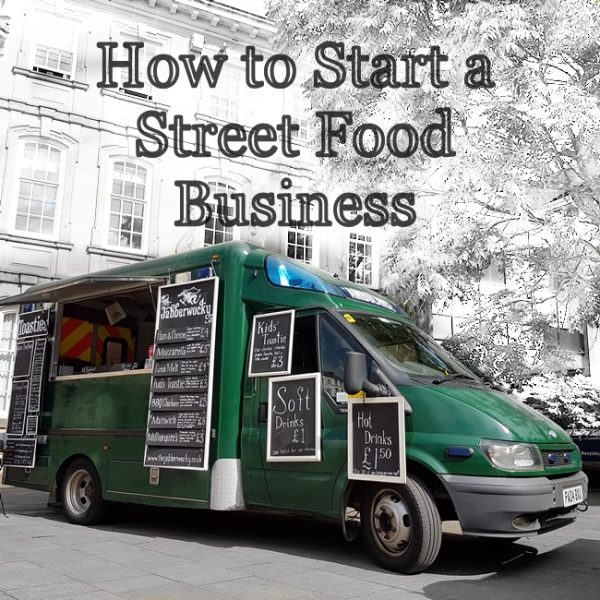Gather round, pull up a chair and draw close to the fire, let me tell you the tale of when we stopped serving early and lived to regret it so that you, too know when to stop serving.
Once upon a time we stopped serving early, you see, and later on we regretted it.
There is no specific story about this one time. There have been lots of occasions when we could have carried on but didn’t and when we should have stopped but were bloody-minded enough to continue. These decisions are part of the learning curve that makes street food so analytically pleasing, because the more you know about the industry and the crowd you’re serving to, the more likely you will call the stop time correctly.
When to Stop Serving
When you have had a terrible day
This happens with depressing frequency. Even revisiting an event that should be good you can find something (usually poor management choices or bad weather) has broken it. There you are then, watching an empty field or street, counting your losses or letting your mind drift away to ponder this evening’s dinner, which could be yours, just as soon as you get out of here. But wait! Is that a customer, wending their bedraggled way towards you, licking their lips and proffering you their laden wallet? No, no, it’s a wheelie bin. Again.

It’s tempting to hang on here, hoping for a turn of fortune, taking any small sale to offset the damage done, and sometimes this actually is the best way to cope, but take a moment, step back, do a quick count of sales so far, divided by hours spent. If you are averaging 2 sales per hour then you are making maybe £10/hr. You’re more valuable than that because actually, after prep time, travel , energy and ingredient costs (not to mention staff, if you have any) that hourly rate sucks. Unless you have another mealtime to look forward to, it’s probably switching off time.
So that you still have stock left for the following day
I’ve fallen for this one more times than I’m going to admit to. Sales are great, and customers are munching their way through your stock with alarming appetite. You can see the gap in the numbers, so rather than sell onwards, you shut up shop and preserve what’s left for the following day. Which then dawns bright, early and miraculously devoid of hungry people. No idea where they went, but if sales are going well, unless there is a good reason not to, keep selling. Hypothetical trade the following day is not nearly as useful as cash-money-cash right now.

I’d argue the same point for when sales are good but you’re tired and want to go home. I would, but to be honest, you’re tired and want to go home. Some times that’s just what needs to happen.
When the weather is awful
The van, long may he rumble, is comparatively weatherproof compared to a gazebo. He isn’t going to take off in high winds, but he does have a very heavy hatch. We have only once had to stop serving because the wind was actually getting dangerous, but I’m glad we did. If you do stop serving because you think things are getting dangerous, and that’s usually due to high wind more than anything else, then you made the right call. Losing £500 of gazebo when it flips over and gets it’s legs bent is utterly demoralising, but having it flip over onto a small kid, or your hatch slam on someone’s hand (or head) would be a worse. Sales won’t be good in that kind of weather anyway, so get out while you still can and live to fight another day.

When you’ve sold out.
Time your sell-out to happen 5 minutes after the end of the event, just to keep it neat. This is end-game content, but getting this right reliably will mean you win street food, get awarded a new title and unlock a load of cheat codes that make playing through again so much easier. We’re not there yet, but you can dream.


